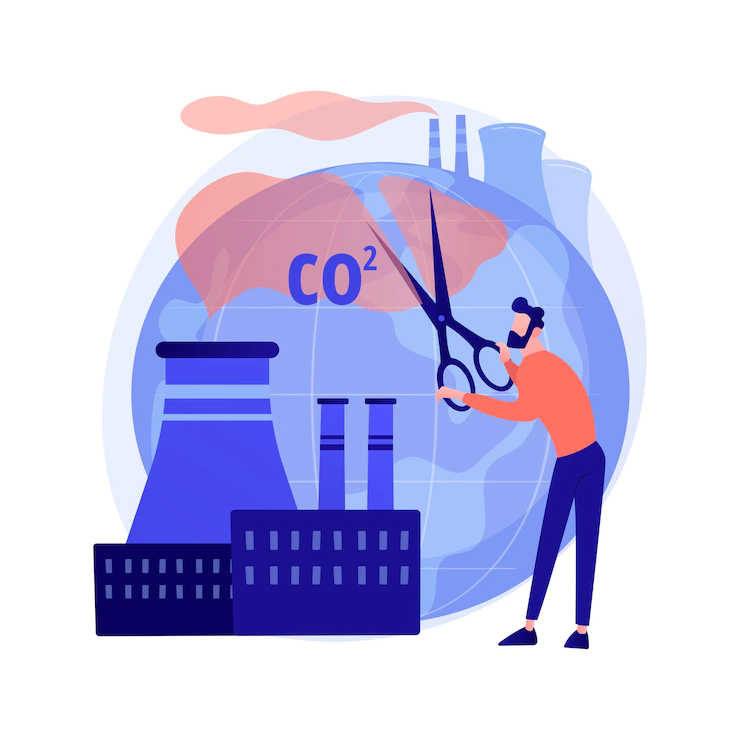For those that are alive today, the effects of human-caused global warming are already there, they are irreversible, and only going to get worse as long as people continue to release greenhouse gasses into the atmosphere.Global warming is not a future issue. Increased human emissions of heat-trapping greenhouse gasses are altering the Earth’s climate, which is already having a significant impact on the environment. Glaciers and ice sheets are melting, lake and river ice is breaking up earlier, plant and animal ranges are shifting, and plants and trees are blooming earlier.
Droughts, wildfires, and excessive rainfall are a few examples of changes that are taking place more quickly than initially assumed by scientists. In fact, the Intergovernmental Panel on Climate Change (IPCC), a body of the UN (United Nations) tasked with evaluating the science surrounding climate change, asserts that the observed changes in our planet’s climate are unprecedented in human history and that some of these changes will be irreversible over the course of the next hundreds to thousands of years.
The direction that future human activities take will determine how severe the effects of climate change are. More climatic extremes and extensive negative repercussions on our planet will result from increased greenhouse gas emissions. However, the extent to which we emit carbon dioxide will determine these long-term repercussions. Therefore, some of the worst effects might be avoided if we can lower emissions.
CO2 will continue to grow to levels of around 1500 ppm (parts per million) if fossil fuel combustion proceeds at the same rate it has been, depleting the reserves over the next few generations. If this were the case, even tens of thousands of years in the future, the atmosphere would not return to pre-industrial levels.
An effective tool for being aware of how much CO2 is produced while doing an activity is a carbon calculator. This is now the most popular technique for calculating your emissions. Simple methods let you access the necessary data, such as the mileage your car has driven and the type of gasoline, into a carbon calculator. Naturally, these produce fast results. Then, you can select from a number of tactics to raise those figures.
Application programming interfaces, or API’s, are flexible tools that can support a variety of creative environmental initiatives. These may establish perceptive links that allow for the global distribution of crucial environmental research. As a result, API’s can be utilized at all sizes, from the world to the individual consumer, to promote sustainability and minimize negative environmental effects.
These amazing calculators can help us increase ecological sustainability. They are simple and efficient.
Do you want to integrate a carbon calculator API into your business without having a negative economic effect? Then, read on to discover more about this API.
Selecting the best carbon calculator API is a difficult task. Your platform’s growth may be impacted by it, or it may not be as user-friendly as some other APIs. To help you with that decision, we strongly suggest trying CarbonAPI by Zyla Labs.
Thanks to its cloud infrastructure, the CarbonAPI enables connecting user interfaces simple. The developer documentation goes into great detail regarding specific endpoints and integration possibilities. Additionally, it offers a variety of paid plans that can readily accommodate any business need in terms of subscription alternatives. It also offers a trial version so it is possible to test the API before taking the decision of buying a bigger plan.
Using a carbon emissions calculator can promote social responsibility within your business and aid in the fight against the catastrophic effects of CO2 production. You may prioritize sustainability without negatively affecting your money by using CarbonAPI.

